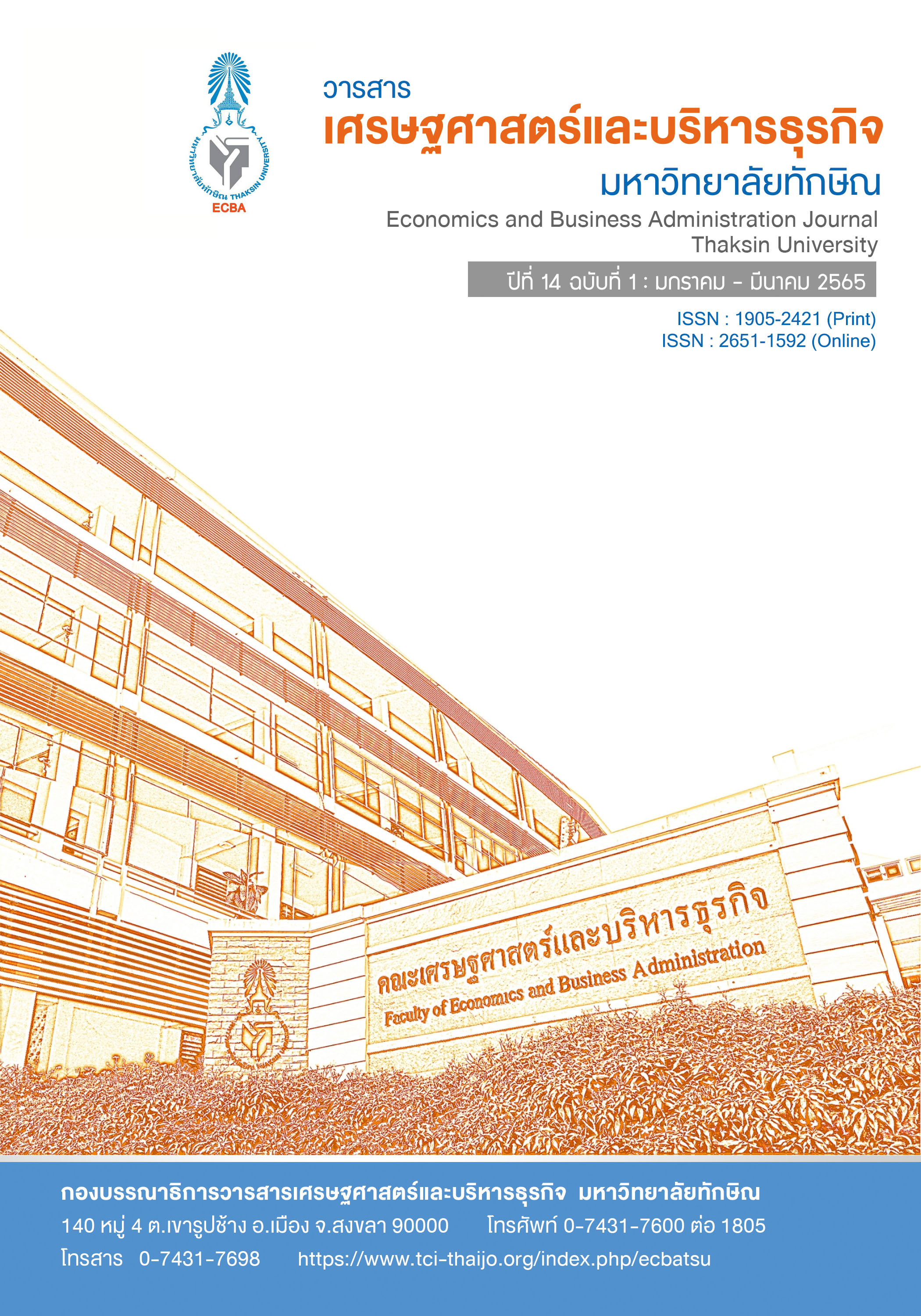National Economic Interests in the COVID-19 Era: A New Foundational Paradigm
Keywords:
national economic interests, COVID-19, mobilized economy, state capitalismAbstract
The purpose of the article is to understand the categories of national economic interests in their meaning and to identify national economic interests during the COVID-19 era. The studies unveiled that in COVID 19 outbreak situation, the government plays an important role in stopping the assurance of the expected minimum quality of life of the population, living a life where the state intervenes in the manufacturing and service sectors, centralized planning, and decentralization as a guiding plan to enable staffs and related entities to achieve conditions, centralized financial resource allocation to service and support mobilized production, mobilizing internal and external resources of the state to overcome the existing crisis, creating a production shutdown system and the distribution of transition to state capitalism and a mobilized economy that will give people confidence in the public sector.
References
Coronavirus opportunities. (2020). Retrieved January 30, 2021, from https://actualcomment.ru/koronavirus-vozmozhnostey-2004021115.html
Galbraith, J.K. (1986). Life in our time. New York: Ballantine Books.
Malakhinova, R. P. (2008). The Scientific life of Adam Smith in the XXI century. Retrieved January 30, 2021, from https://cyberleninka.ru/article/n/adam-smit-v-xxi-veke
Marshall, A. (1983). Principles of Political Economy. M;V.1
National Strategic Plan (2018-2037). (2019). Retrieved January 26, 2020, from http://nscr.nesdb.go.th/wp-content/uploads/2019/10/National-Strategy-Eng-Final-25-OCT-2019.pdf
Phuket Tourism Resumption Plan Threatened. (2021). Retrieved February25, 2021, from https://travel.rambler.ru/news/45791279/?utm_content=travel_media&utm_medium=read_more&utm_source=copylink
Smith, A. (1962). An Inquairy into the Nature and Cause of the Wealth of Nations M ; Sotsekgiz.
Tass. (2020). The head of the IMF said that the pandemic will lead to a deterioration in living standards in almost all countries. Retrieved January 30, 2021, from https://tass.ru/ekonomika/9640981
________(1). (2021). Putin considers it destructive to build an economy focused on the "golden billion”. Retrieved January 30, 2021, from https://tass.ru/ekonomika/10559733
_______(2). (2021). Traditional mechanisms to stimulate the economy have exhausted themselves Putin. Retrieved January 30, 2021, from https://www.finanz.ru/novosti/aktsii/tradicionnye-mekhanizmy-stimulirovaniya-ekonomiki-ischerpali-sebya-putin-1030009362
The dualistic model of the economy. (2020). Retrieved June 24, 2020, from https://zen.yandex.ru/media/wayfarer/dualisticheskaia- model-ekonomiki-5f453a9007da8421c339bff6
The renewed institutionalism of J.K. Galbraith. (2015). Retrieved June 24, 2020, from https://vuzlit.ru/1811907/obnovlyonnyy_institutsionalizm_gelbreyta
Tsikin, A.M. (2019). Problems of the formation of a common economic interest in the Russian economic system .Retrieved June 20, 2020, from https://cyberleninka.ru/article/n/problemy-formirovaniya-obschego- ekonomicheskogo-interesa-v-rossiyskoy-ekonomicheskoy-sisteme
What the world will be like after coronavirus: four possible futures. (2020). Retrieved June 24, 2020, from https://news.myseldon.com/ru/news/index/226722059
Downloads
Published
How to Cite
Issue
Section
License
Copyright (c) 2022 Economics and Business Administration Journal Thaksin University

This work is licensed under a Creative Commons Attribution-NonCommercial-NoDerivatives 4.0 International License.




